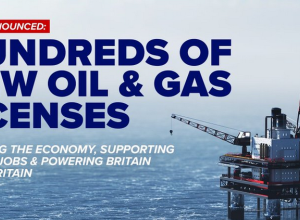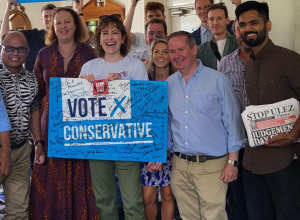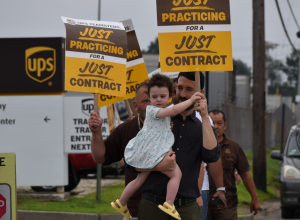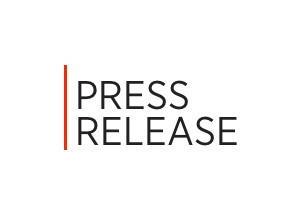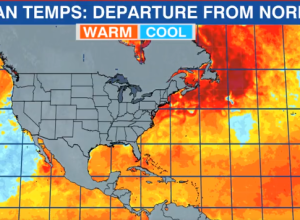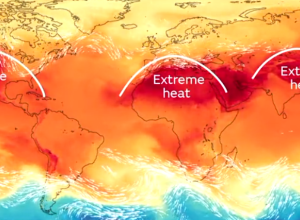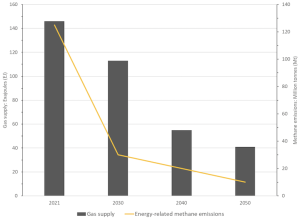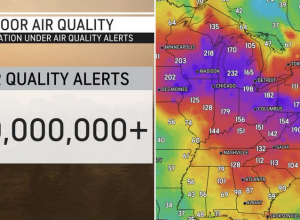BLOG
ALL POSTS
For weeks now, climate scientists and activists have looked increasingly aghast at the unrelenting heat and floods ravaging our baking earth. The pace and scale of the daily climate disasters have alarmed them. And our daily climate breakdown shows no sign of stopping.
As the world burns, Conservatives turn climate change and clean air into a toxic “culture war” issue
Climate change and the right to breathe clean air are rapidly rising up the political agenda in the United Kingdom. The ruling Conservative Party is now attempting to weaponize these issues as part of a toxic culture war to prevent action on climate.
As deadly fires continue to rage out of control, scientists have confirmed that the record temperatures experienced in Europe, China and the US are due to human-induced climate change.
The Department of Energy has declined to endorse a standard for “certified” or “responsibly sourced” methane gas following pressure from a large coalition of climate and environmental justice organizations.
Last week Gas Leaks, Earthworks and Oil Change International launched the Certified Disasters campaign and sent a letter signed by 148 organizations demanding the agency halt its involvement in certification schemes, which are being used to market methane gas as “clean” and justify the construction of gas export facilities, pipelines, power plants and gas-dependent buildings.
Scientists: it looks like we underestimated climate breakdown & are heading for 2 degrees of warming
As leading climate scientists watch the devastating, breakneck speed of unfolding climate disasters unfolding across the globe – from record soaring temperatures to catastrophic flooding – many are aghast at how rapidly their worst predictions are being now being played out in real-time.
As I write, combat aircraft are being sent from the EU to Greece. Their mission is to help tackle the wildfires raging across the country, especially in the greater Athens area. The words #Heatwaves and #Climate emergency are currently trending on Twitter.
Leading climate scientists are becoming increasingly alarmed at the daily extreme weather events circulating the globe – from extreme catastrophic flooding to raging wildfires, and unrelenting extreme heat domes.
Timing, they say, is everything. Earlier this week, it was revealed that UK Government is drawing up plans to scrap its flagship EUR 11.6 billion climate pledge. At the same time, firstly last Monday, then last Tuesday and now the whole week has been recorded as the hottest on record. The UN now says "climate change is out of control."
It is clearer than ever that the climate crisis requires a rapid and managed phase-out of fossil fuel production. Reducing the wasteful practice of emitting methane into the atmosphere does not give the gas industry a pass. They need to clean up and wind down. And they need to start now.
So it has come to this. A nation on its knees, struggling to breathe under extreme heat and choking smoke. For millions of Americans this morning if you go outside, you will be be hit by a wall of smoke or unrelenting heat.

